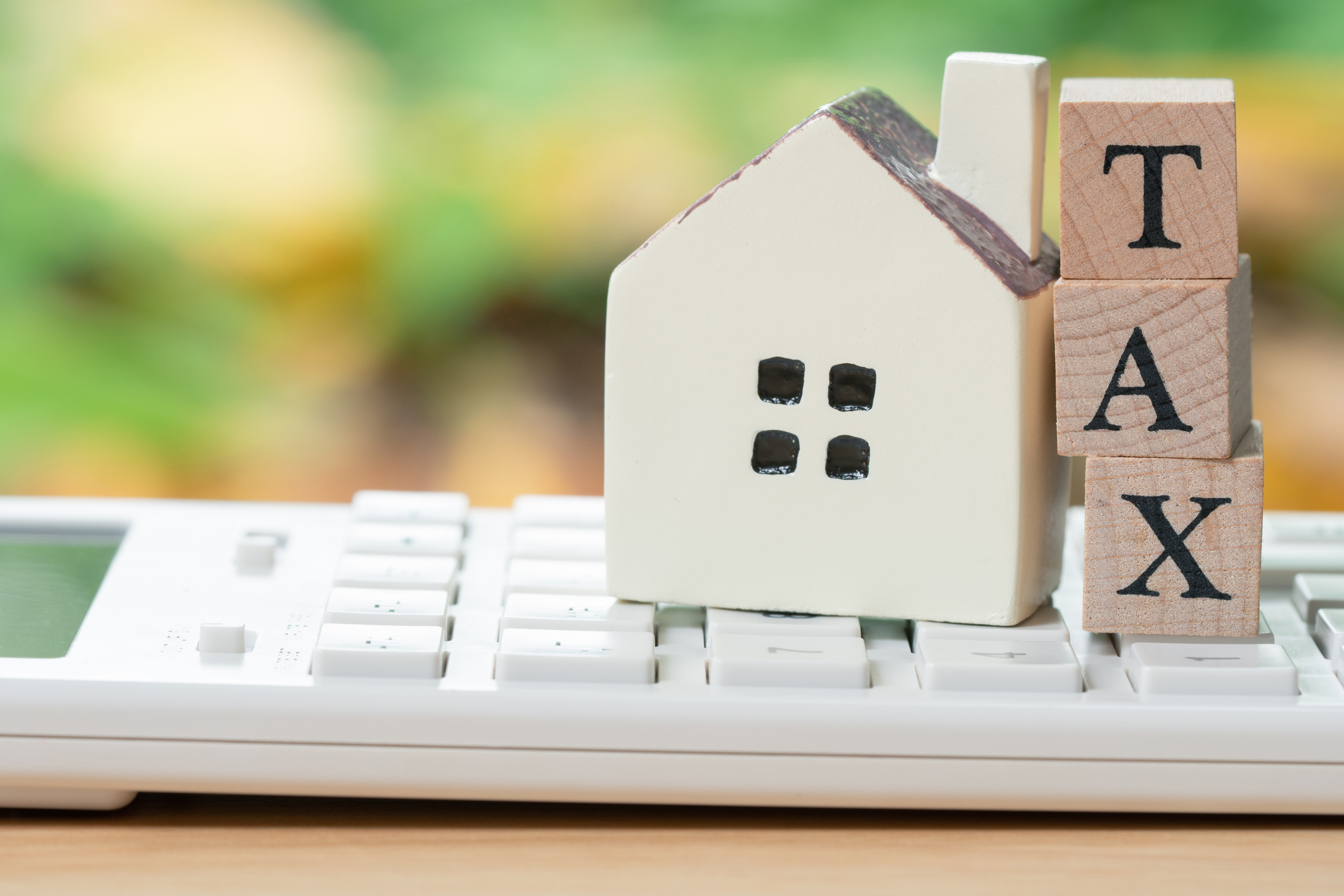
Date posted: 9th Aug 2023
If you let out a property, you can deduct certain expenses that you incur when working out your taxable rental profit.
Some common expenses claimed, include:
1.Letting agency fees
If you let your property through an agency, you will be able to deduct the fees charged by the letting agency. These are typically a percentage of the rental income.
2. Advertising costs
You may advertise your property in order to find new tenants. The advertising costs are allowable business expenses and can be deducted.
3. Accountancy costs
You may use the services of an accountant or bookkeeper. These costs are allowable costs which can be deducted.
4. Cleaning costs
If you use the services of a cleaner, either for in tenancy cleans or end of tenancy cleans, or to clean your office premises, you can deduct the associated costs when working out your taxable rental profits.
5. Gardening costs
If your property has a garden and you incur gardening costs, you can deduct these in calculating your taxable profits.
6. Travel expenses
Any costs that you incur in relation to your property rental business are deductible. This will include costs of visiting the property to check the property, visit the tenants or undertake maintenance, and any other travel costs incurred wholly and exclusively for the purposes of the rental business.
7. Repairs and replacement domestic items
You can also deduct the cost of repairs that you need to do to the property or replacing an asset (e.g. windows) with a modern equivalent.
If you let a residential property furnished (other than as a furnished holiday let), you can deduct the cost of replacement domestic items, but not the cost of the original items.
8. Insurance
If you insure the building from damage and destruction, you can deduct the cost of the insurance from the rental income. You cannot, however, deduct the cost of any life insurance that you may have taken out to cover the mortgage on the property.
9. Utilities, rates and council tax
In a residential let, the tenant will normally meet the cost of the utilities and the council tax. In a holiday let, the utility bills and council tax/business rates (where applicable) are usually met by the landlord. Costs of this nature met by the landlord are allowable business expenses.
10. Interest and finance costs
Although residential landlords cannot deduct interest and finance costs when calculating their taxable profit, relief is available for 20% of those costs as a tax reduction. Non-residential landlords and those letting furnished holiday lets can deduct interest and finance costs in calculating their taxable profit, as can corporate landlords.
If you have any queries regarding any aspect of property taxes, please give us a call.


